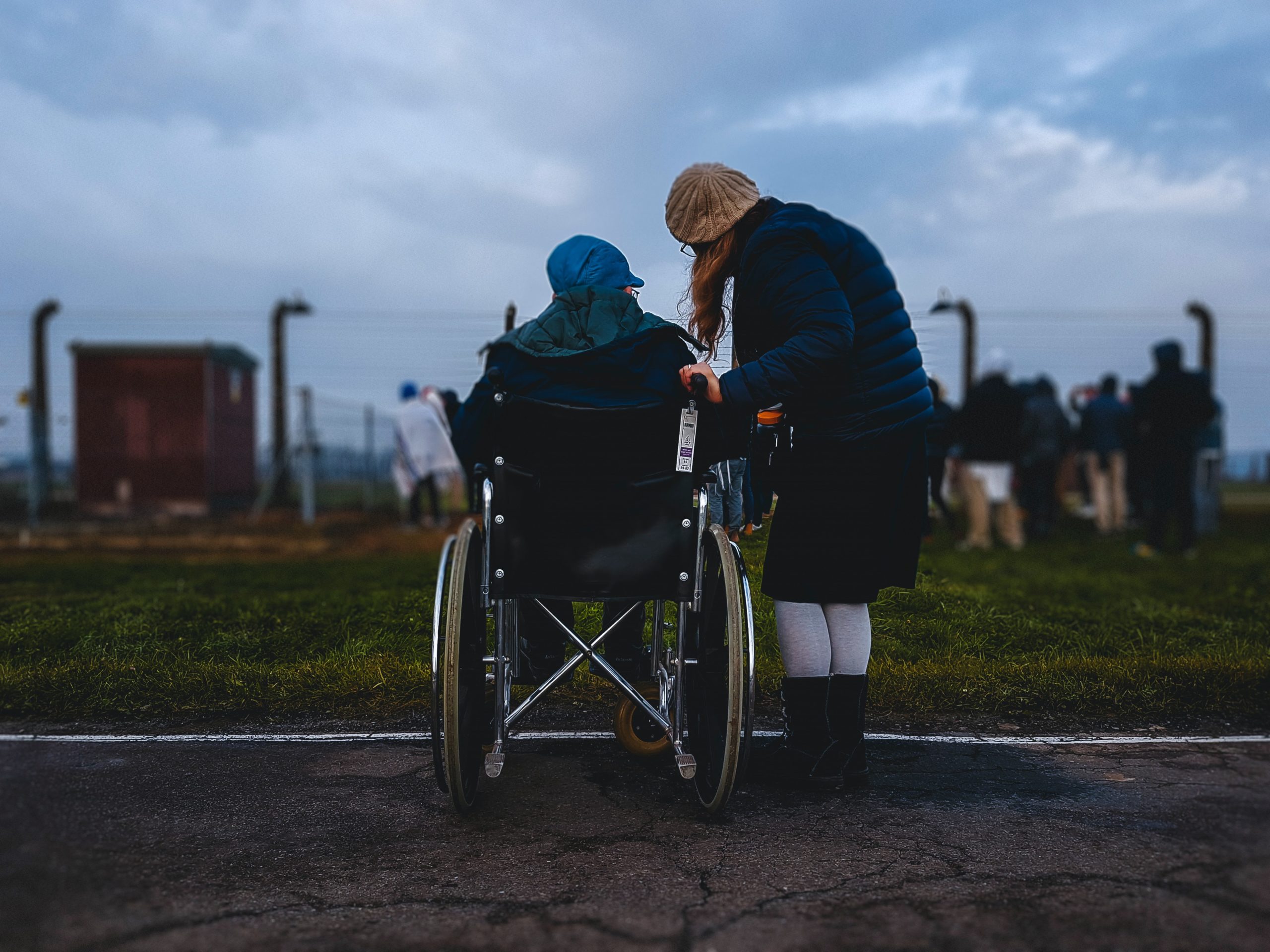The charity Mencap has recently reported that people with learning disabilities are still being given “do not attempt to resuscitate” orders (DNARs) if they have been diagnosed with COVID-19. This comes after the Care Quality Commission (CQC), which is the UK’s social care watchdog, discovered in December 2020 that similar policies were being administered during the Spring of last year. They have warned that these orders have had fatal consequences and contribute to a disproportionate number of Coronavirus deaths among those with learning disabilities.
According to the gov.uk website, people with a learning disability have died at a 4.1 times higher rate than the general population during the pandemic, with fears that the real rate may be even higher, at 6.3. The number of deaths among those aged 18 t 34 with learning disabilities is 30 times higher than those in the same age group without disabilities. This raises questions as to why this policy has been rolled out. This measure usually applies to people who are extremely frail and will not benefit from such an invasive and physically demanding procedure, yet it has been applied as a blanket policy to individuals who are physically healthy but have a learning disability.
This blatant discrimination is unacceptable and adds an additional obstacle for those with a learning disability to access adequate healthcare and have a good quality of life. As it is, having a learning disability reduces your life expectancy by 20 years. This is partially due to factors such as being unable to communicate when feeling unwell, having less income, finding it difficult to manage personal health, and government cuts in health and social care services. Policies such as the DNAR order not only fail to tackle this statistic, but it exasperates it. To deprive those who are more vulnerable to the virus of a potentially life-saving procedure is shameful and raises questions about the country’s ability to safeguard those who need its care the most. The CQC told the Guardian that the policy is ‘unacceptable’ and that it is unusual and wrong to apply DNAR as a blanket order.
Whilst this news is shocking, it sits within a broader narrative of the neglect of those with disabilities by the Conservative government. Those with a learning disability are amongst the worst hit by austerity, and with the NHS experiencing severe underfunding and cuts since 2010, it has been speculated by the CQC that the DNAR order may have been invoked to prevent the NHS from being overwhelmed. The TUC reported in September of last year that social care funding is £600m less than it was in 2010, with spending per person down by an average of 8%, a figure which goes up to 18% in some areas of the country. Additionally, ITV reports that the Lords Economic Affairs Committee report found that £8 billion of investment in social care is needed to restore services to what they were in 2010.
This order clearly demonstrates this country’s attitudes towards those with a learning disability and shows that we are a long way from valuing their lives as equal to those without a disability. Mencap carried out a survey last year, which uncovered that 69% of 1,069 respondents had had their care packages reduced during the pandemic, despite two out of three people reporting that their needs had increased. They estimate that one in 20 people with a learning disability have had their support hours cut since 2018.
It is unsurprising that in a society that is cruel and careless to the needs of those with a learning disability that such a policy has been rolled out. When we have a government in power that strips vulnerable people of the services that they need to live a good life, it sends a message that their lives are not as important as others. The DNAR is a result of such attitudes and is an obvious example of the consequences of a decade of state neglect. Until we have a society and government that is truly caring, the voices and needs of those with disabilities will continue to be ignored.
Shiler Mahmoudi
Featured Image Source: Unsplash

